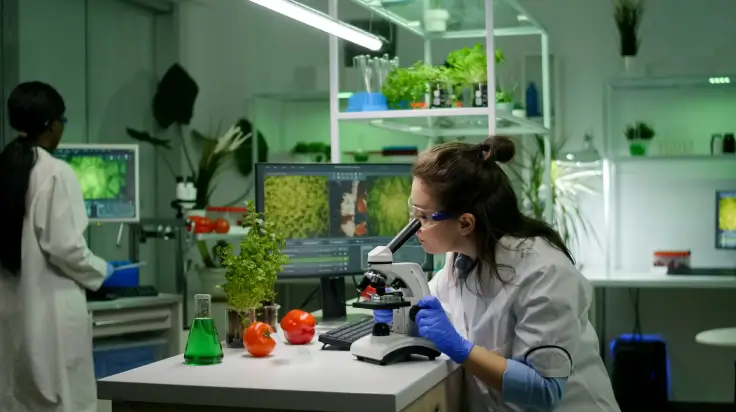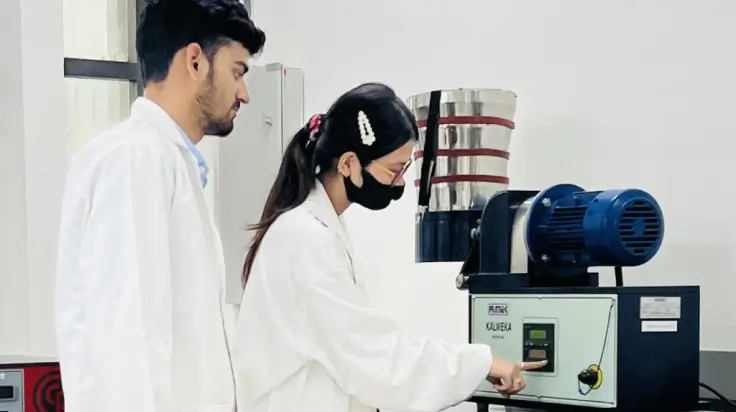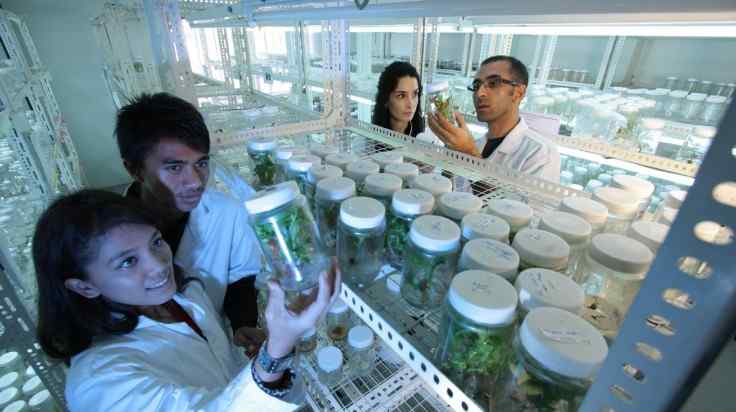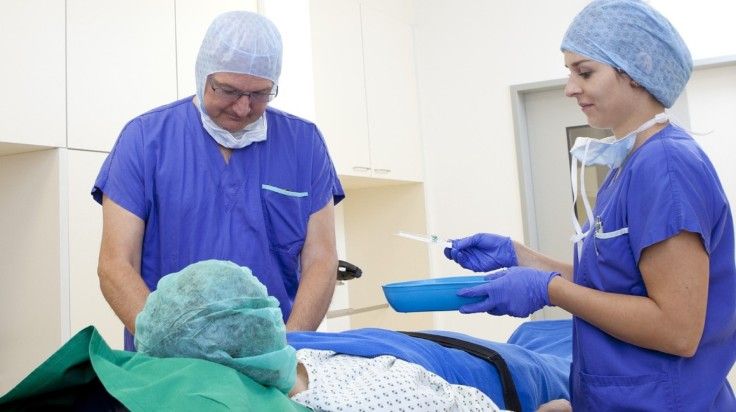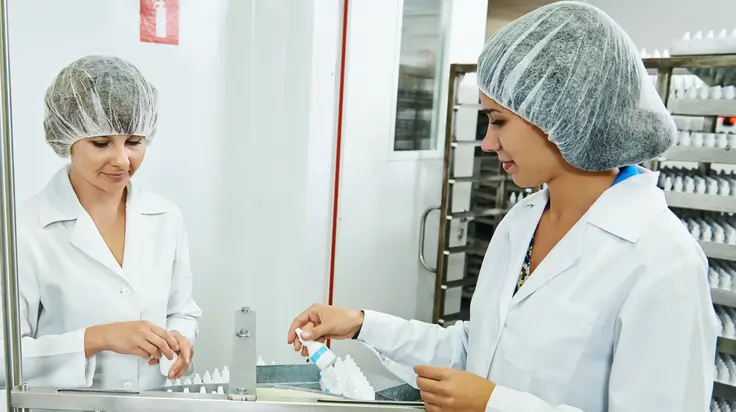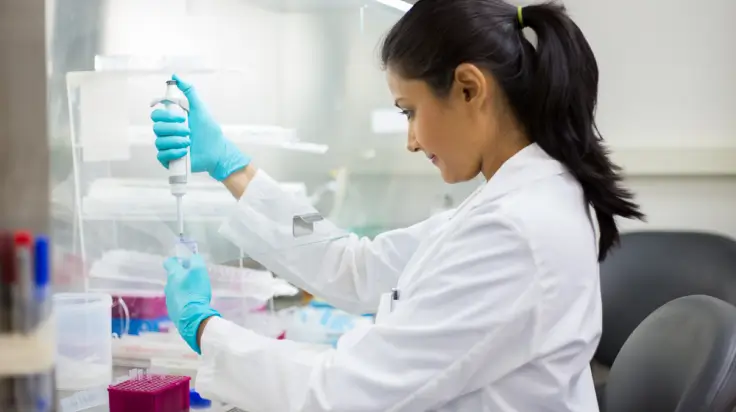Learn how prosthetics can transform disabilities into opportunities for patients
- Diana George
- Published 04/02/2022

Image courtesy: Pixabay
The field of prosthetics is expected to grow 20 percent over the next ten years, a rate faster than the average for all occupations
Prosthetics refers to the science of creating artificial devices or implants or prostheses that are designed to replace real body parts which have been damaged or lost due to injury, disease, or a congenital disorder.
Prosthetists mainly treat patients with locomotive or neuro-muscular disabilities, helping them maintain or improve mobility through the use of such prostheses as artificial limbs, knees or hip replacements, glass eyes, or even bone, artery, and heart valve substitutes. The use of prosthetic implants enables recipients – chiefly amputees or specially-abled people – to lead a relatively normal life through the restoration of normal functions of the missing body parts.
Prostheses are either created manually or through a software interface called CAD or computer-aided design. CAD helps prosthetists to design and test their creation using 2D and 3D graphics and other analysis tools.
The field of prosthetics is expected to grow 20 percent over the next ten years, a rate faster than the average for all occupations. However, this rapid development would mean the creation of only 1800 jobs since it is a niche sector, thus making it highly competitive. This would make it necessary for aspiring prosthetists to specialise in the subject if they are to find valuable opportunities once they enter the job market.
Pursuing a course or degree in Prosthetics, therefore, becomes important if you are looking to become a competent professional in the field. A specialisation in prosthetics will help you not only gain a foothold in the industry but also deal with the demands and rise to the challenges of this exacting job.
The course will provide you with a sound knowledge of biomedical engineering and train you in areas of health science, engineering, design and computer science. It will equip young scientific engineers with problem-solving skills that are much needed in the field of biomedical engineering.
If you choose to pursue the course at UPES, you will also receive hands-on training through internships with GE Healthcare, as part of a rigorous curriculum that is designed to give experiential learning to the students. UPES’ B.Tech. in Biomedical Engineering with specialisation in Prosthetics is suitably designed and benchmarked against universities like Harvard and Stanford which are pioneers in the field.
Upon completion of the course, graduates can work in a variety of positions such as Biomedical Materials Engineer, Biomedical Researcher, Clinical Researcher, Tissue Engineer, Biomedical Data Analyst, Biomedical Signal Analyst, Biomedical Device Engineer, Biomedical Sales and Marketing Personnel, Preventive and Protective Maintenance Engineers, Biomechanics and Rehabilitation Engineer, Healthcare Consultants, Assistant Professor, Manufacturer of medical devices, and Design Engineer.
Apart from working in hospitals or rehabilitation centres, graduates can also consider going for higher studies in the subject. They can even opt to work as lecturers or teachers after achieving their degree.
However, apart from having a degree, becoming a competent prosthetist also requires graduates to possess the below-mentioned soft skills:
Expertise in communication: Prosthetists should be experts in communication as their job requires regular interaction with not only the patients, physiotherapists, doctors and the rehabilitation staff, but also the technicians who create the medical devices and implants. Effective communication skills are a must to be able to clarify the design and structural requirements of the device needed, while also explaining its use and treatment to the patients.
Detail-oriented: Prosthetists must have an innate orientation for detail as the skill is extremely crucial for taking down accurate measurements which will ensure that the devices are made to fit.
Patience: Aspiring prosthetists will need to have plenty of patience as they may often be required to work with patients who would need special attention for longer periods of time.
Physical Stamina: Because this job requires handling or working with intricate equipment and instruments, prosthetists will need to have the stamina to deal with such physical activities. They may also be required to weigh their patients often or examine them while bending over or crouching down.
Diana George
The writer is a part of the UPES editorial team
Tags
- School of Health Sciences and Technology
UPES Admission Enquiry
Subscribe to UPES Blogs
Join our community for exclusive stories, insights, and updates
By clicking the "Subscribe" button, I agree and accept the privacy policy of UPES.













